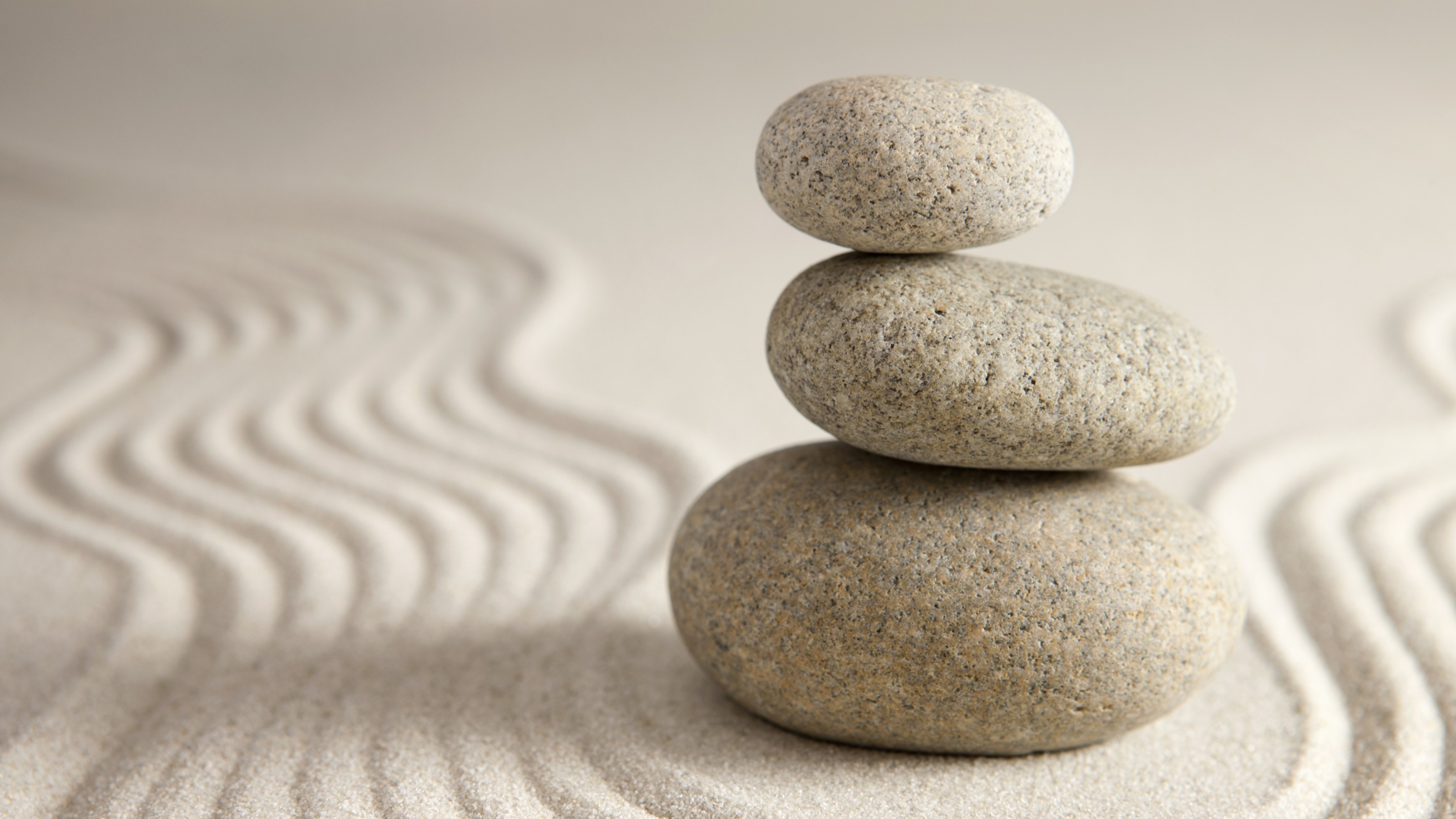What gets you out of bed in the morning? If your only answer to that question is: ‘My alarm clock,’ then firstly, that’s detention, and secondly: where is your sense of purpose? Spiritual teacher Rob Bell explains how his discovery of Ikigai—a Japanese life philosophy—crystilized a problem he was seeing too often, in most people he met. In your late teens or early twenties, you typically land on a path that you follow for the rest of your life. You picked a degree and now you’re stuck. You made a decision and now it seems too late to choose again. That can lead us to a deeply unsatisfying place, where today is just a repeat of yesterday. Ikigai contains “this really interesting idea, that when you no longer have something that gets you out of bed in the morning, then you’re kind of dead, even if you’re still alive,” says Bell. Your reason for being should shift many times over the course of your life, and looking at your life as containing many seasons— rather than one long stretch—can be a better way to frame and find fulfillment. Ikigai asks four key questions, at the center of which you can find your purpose: 1) What do you love? 2) What are you good at? 3) What does the world need from you? 4) What can you get paid for? Rob Bell is the author of What Is the Bible?: How an Ancient Library of Poems, Letters, and Stories Can Transform the Way You Think and Feel About Everything.
Rob Bell: I’ve met more people who, essentially, somewhere along the way picked up: 'You go to school, you get trained in something, then you go get a job in that and then you do that job and that’s your career and then you die.' But then they got into this thing and realized they don’t actually want to do this with their life. Or nobody wants this particular trade anymore. You make eight-track players; people aren’t buying eight-tracks anymore.
There’s this weird thing about the market where if you go in with, 'Well, this is a thing that I do,' there may be forces beyond you that like: 'No one wants to pay for that anymore.'
And so over the years, I kept meeting people who had this very single track 'this is what I’m supposed to do' thing and then it disappointed them for reasons out of their control or simply, “I got trained to do this thing that I don’t like to do.”
Then I stumbled on this Japanese word “ikigai” and ikigai essentially is that which gets you out of bed in the morning. Sometimes it’s translated as 'your reason for being'. And in Japanese culture they have this very well thought through idea of ikigai: that you never stop working out your ikigai—what it is that gets you out of bed in the morning. And so in this season of life, this is what you’re doing but that may change. It may shift. Somebody you love may get sick and so you need to care for them. You used to do this and now that industry is sort of dried up but now you need to go back to school because you need to now go do this.
And they had this really interesting idea that when you no longer have something that gets you out of bed in the morning, then you’re kind of dead, even if you’re still alive. And the reason why I find that fascinating is you can be successful, you can have a nice job, you can have a nice house, you can do all the stuff that everybody says, “Hey, you’ve made it,” and yet wake up in the morning with a profound sense of dread like, “Ugh, another day?” And despair is a spiritual disease. Despair is when you believe that tomorrow will simply be a repeat of today.
Despair is when you look ahead into the future and each day is just another version of this. What we really want, no matter how educated, sophisticated, accomplished we are, we want to wake up in the morning with this sense of anticipation.
Like, “Look what I get to do today!” The great Abraham Joshua Heschel said, “I didn’t ask for success, I asked for wonder.”
And I love that because for many of us we were trained for success. Here’s how you work hard and multitask and network and get stuff done and climb the ladder. What we weren’t taught oftentimes was to ask, “Is this ladder even leaned up against the right building?”—which is a different set of questions. It exerts a different set of muscles.
It’s one thing to be successful. It’s another thing to wake up and think, "Check out what I get to do today! How great is this?”
It’s as if success asks this question, “What more can I get?” And then there’s this other question, very different, that comes out of ikigai, understanding your life is a craft that you’re endlessly working out—and that question is: “Can you believe I get to do this?”
It’s like you have this thing that’s been sort of buzzing in your mind and heart. Like, "I would love to go try that." But then all those voices come back in of who you aren’t. “You don’t have enough resources. You’re not smart enough. You haven’t gone to the right schools."
By the way who you aren’t isn’t interesting.The long list of things you haven’t done or where you haven’t been or who you don’t know or money you don’t have. It’s so boring! Who you aren’t isn’t interesting.
And then when you are finding your path and when you are saying yes to whatever it is that’s sort of welling up within you that is filling you with a sense of wonder and anticipation: who other people are in relation to your path isn’t interesting. Because often what happens is we think, “I would do that but so and so is smarter, and so and so is faster, and so and so has more endurance and can work harder. And so and so always gets…” Not interesting. It’s not interesting. You finding your path, the only question is, “What is the thing that you’re here to do, and what is the next step?”
And fear often raises its voice and fear lists all the ways it can go wrong. And by the way, the best thing with fear is to talk back to fear. Because fear is like, “You could lose a lot of money. People might not understand this. I mean you might really fail.” And the thing you do with fear is talk back to fear. Because fear thinks it’s quite intelligent. It’s like, “I’m here to warn you of all the bad things that could happen. And you probably haven’t thought of this and this and this.”
And here’s the thing you do is you talk to fear and you say to fear whenever fear is like: “You know what? This could really, really be a giant catastrophe. This could be a mess. You could really fail.” What you say to fear is you say to fear, “I know.” And then you smile. “I know. I know.” Because fear has no idea what to do with that. “I’m aware of all that.”
Life is difficult enough. You might as well be doing something that fills you with life. It’s going to beat you up enough, you might as well be getting up in the morning with some sense of, 'I’m headed somewhere. I’m a step closer to being my true self today.'
And you know you’re making progress when all those voices come and say, “Who are you to do this? Who do you think you are?” You know you’re making progress when you start talking back to those voices, and you have an even better question which is: 'Who am I not to do this?'
There will always be somebody smarter. There will always be somebody who knows more people. There will always be somebody who’s traveled to more places and got better grades in school and has more money. There will always be somebody better. But you can say, “But who am I not to do this?” And that’s interesting.







